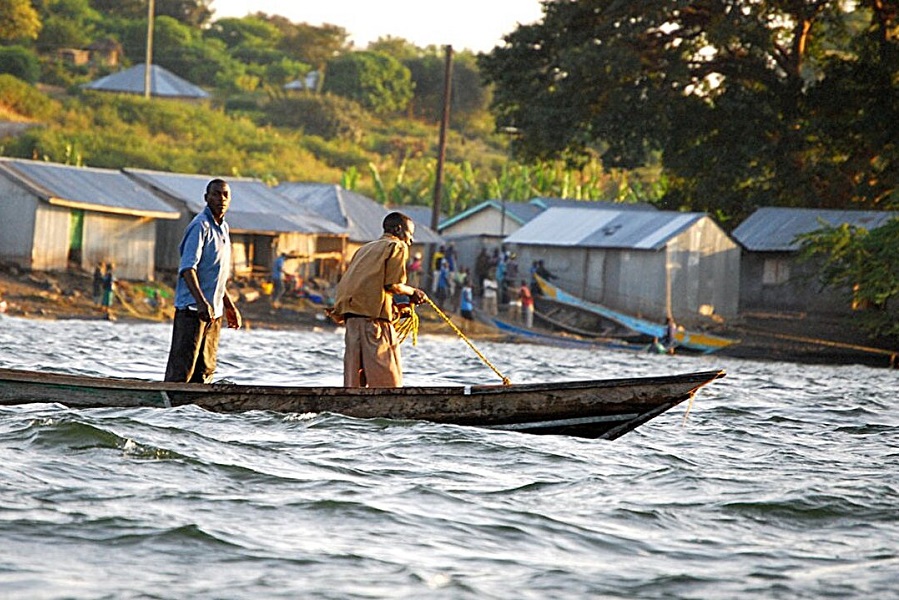11 Dec 2024

Tired Earth
By The Editorial Board

Fatal drownings are a big risk for small-scale fishers on Africa's largest lake, with many of those deaths attributed to bad weather—conditions that are likely to worsen with climate change, according to a new study.
Lake Victoria—bordering Kenya, Tanzania and Uganda—is heavily fished by some 200,000 fishers, in spite of frequent severe thunderstorms and its reputation as one of the most dangerous bodies of water in the world.
These findings are especially concerning considering that thunderstorms, wind and rain are predicted to become more intense and up to 10 times more frequent by the end of the century, the authors note in the study, published in PLOS ONE.
"Drowning deaths are really a neglected risk factor," said Kathryn Fiorella, assistant professor in the Department of Public and Ecosystem Health in the College of Veterinary Medicine and a co-corresponding author of the study. The other co-corresponding author is Ranaivo Rasolofoson, a postdoctoral researcher, formerly in Fiorella's lab, and currently at Duke University.
"The main goal of our work was to understand what are the risk factors that people see contributing to drowning deaths," Fiorella said.
On top of climate issues, overfishing has reduced commercial Nile perch populations over the last few decades, the authors wrote. Fishers now focus predominantly on sardine-like omena, which are found far offshore and must be fished for at night, and attracted using lights. The shift has made fishers more vulnerable to drowning, since thunderstorms are more likely to occur at night, when visibility is low, making rescues far more challenging.
Low and moderate-income fishers fish to provide for their families, which pushes them to venture out even in poor weather conditions. When fishers drown, their loss leads to heartbreak and creates far-reaching negative socio-economic consequences for their households.

In the study, the researchers worked closely with the Kenya Marine and Fisheries Research Institute on the Kenyan side of the lake to survey people with knowledge of drowning deaths at 43 landing sites. The "verbal autopsies" revealed that fatal drownings were attributed to bad weather 42% of the time. In those cases, strong wind was recorded 47% of the time, moderate wind in 22% of those weather-related deaths and heavy rain accounted for 12%.
When fishers died during bad weather, 69.5% of them weren't wearing life jackets and 67.5% of them lacked navigation equipment. Inability to swim and drug and alcohol use also contributed to these deaths. Motorized boats were involved in 43% of the incidents.
"When you look at the proportion of boats that are motorized, it is much lower than that," Fiorella said. "It suggests that being able to use a motor and get out further could potentially be a risk factor."
The researchers proposed a number of strategies to improve safety for fishers. For starters, while there are laws in Kenya for the use of life jackets, fishers who can't afford them are often the target of enforcement. One solution might be to make life jackets and navigation equipment—which should be considered part of the boat—the responsibility of the boat owners rather than the fishers, and require the owners to pay the fines.
Another possible strategy is delivering weather warnings through mobile phones. Providing swimming and rescue skills to fishers could also help, Fiorella said.
"There is an established system where fishers are registered at landing sites, so you could imagine a scenario where people who arrive get some basic rescue and water safety training that would be really valuable," she said.
Co-authors include Horace Owiti Onyango, a doctoral student in Fiorella's lab, and Fonda Jane Awuor and Christopher Aura at the Kenya Marine and Fisheries Research Institute.
Source : phys.org
Comment